For each issue we’ll highlight books, some new, some old, some for adults, some for children.
The Genius of George Washington
(Third George Rogers Clark Lecture)
by Edmund S. Morgan
This short book (less than 100 pages) contains an insightful essay on George Washington by a renowned and Pulitzer Prize-winning historian. It also features numerous letters by Washington.
Morgan explores the distinguishing qualities of George Washington that made him who he was and enabled him to play such a foundational and pivotal role in American history. Washington was not a leading intellectual or writer, nor did he have a record of numerous brilliant victories on the battlefield. Morgan persuasively argues that it was Washington’s understanding of command and leadership that set him apart.
Rules of Civility & Decent Behavior in Company and Conversation
(not) by George Washington
Don’t be dismayed by the super catchy title. Here is a collection of over 100 guiding precepts that were repeatedly copied by George Washington—when he was teenager—and, apparently, not as a punishment! They were from a Jesuit handbook for gentlemen and evidently were something GW took to heart in his formative years.
by Kenneth Roberts with cover illustration by NC Wyeth
This fun and fast-paced adventure novel set in the Revolutionary War is also by a Pulitzer Prize-winning historian (Roberts won the prize especially for his research on Benedict Arnold). It is excellent “historical fiction”—it is well written and it is extensively researched.
The main event or events are the Battles of Saratoga—some of the most important (if not the most important) battles of the Revolutionary War. The American victories here set the stage for France to enter the war, without which the colonies would have remained as colonies. The actions and events surrounding these battles are complex and fascinating and the material of great stories. It was a time in warfare when a spirited magnetic leader could change the course of a battle—here it happened time and again—with ingenious strategy, quick perceptions, decisive actions, and repeated courageous charges into the enemy. That exceptional leader was Benedict Arnold.
History—it’s life after all—is full of paradoxes and ironies and occasionally, Achilles-like men with gifted powerful souls but an inability to overcame anger. As Washington knew then and would know later, when Arnold was a general for the British, Arnold was an exceptional leader and field general. Without Arnold, we didn’t win the war—it’s that simple. But his story and what moved him to act as a traitor are not simple. As always, there are “politicians” and ambitious schemers lurking about all sorts of arenas and professions. In this story, the great schemer was General Horatio Gates. He was known for ambition but not for leadership. He has been characterized as a “snob of the first order” (even though he was born a “commoner” in England) and as one who carried “an unctuously pious way with him.” Gates was given overall command at Saratoga, harbored suspicion and jealousy of Arnold, and acted on those suspicions. Although it was Arnold’s brilliant strategic vision and heroic actions that won the battles, Gates failed to even mention Arnold in his official reports of the battles. For a time Gates’ scheming and politics were successful, and he rose in rank and honor because of the victories at Saratoga. (Gates’ future ambitious schemes included removing Washington as Commander-in-Chief). Certainly, these schemes and this type of petty politics that plagued the confederacy of colonies throughout the Revolutionary War affected Arnold and his decisions. This is not to excuse his decisions, but it is worth understanding this powerful character and his role in the achievement of American independence. Arnold and the Battles of Saratoga are a bit wild and intriguing and simply “elemental” to the American story.
Also of note is the cover illustration by the great American illustrator, NC Wyeth. I encourage you to find the many books he illustrated and collect them—such as Treasure Island.
For high school students and beyond
For all formative ages
For middle school students and beyond
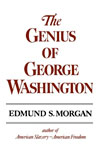
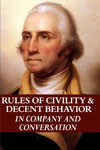
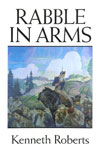
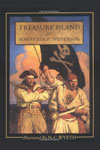
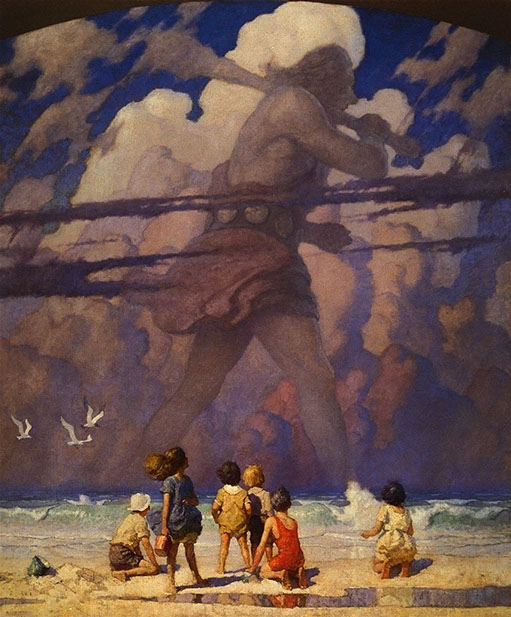
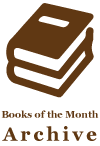
© 2019 Samuel & Erasmus institute • All Rights Reserved
SEi is a Federal 501 (c) (3) tax exempt public charity. Contributions are tax deductible.









